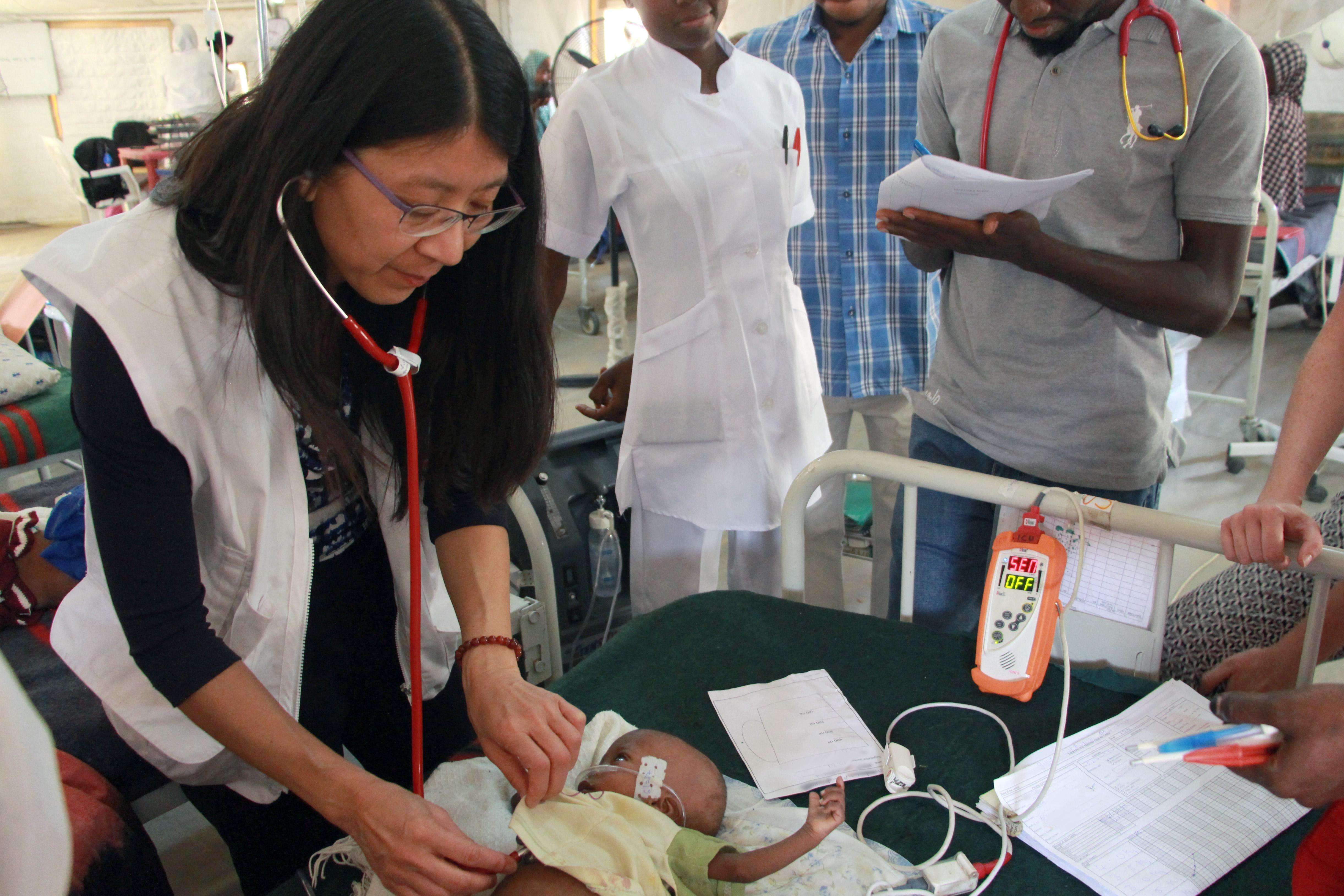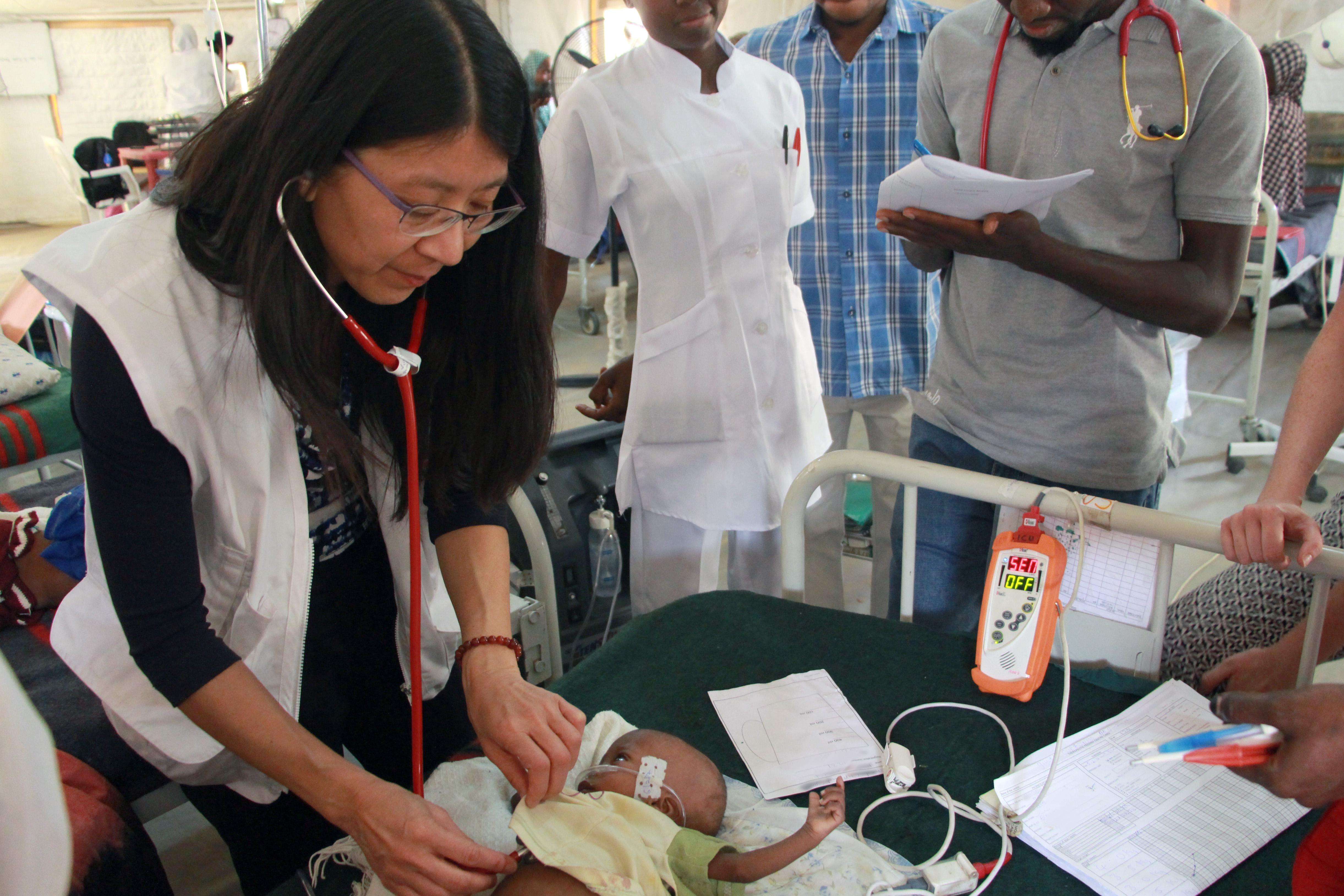Doctors Without Borders/Médecins Sans Frontières (MSF) teams in Malakal, South Sudan, worked through the night to treat patients injured on February 18 when fighting erupted in the UN Protection of Civilians (PoC) site in the town.
Eighteen people were killed, including two South Sudanese MSF staff members, and the MSF team in Malakal was forced to temporarily suspend activities. Two clinics that other aid groups were running inside the PoC site were also destroyed.
Aside from some sporadic gunfire, the fighting has now largely abated, allowing MSF teams to get back to work. They have admitted 73 patients, 46 of whom had gunshot wounds, to the hospital MSF runs in Malakal.
Still, MSF remains concerned about the living conditions for the roughly 43,000 internally displaced people (IDPs) who were sheltering in the PoC site. They have been squeezed into a very tight area with limited access to water and sanitation, and it is now unclear how long they will be permitted to remain in the facility.
"After more than two years of conflict, the only system developed by the UN to protect vulnerable populations in South Sudan has been the creation of Protection of Civilians areas," said Johanna Van Peteghem, deputy regional program manager for MSF. "It's clear that this system is insufficient, as it protects only a small number of the population at risk. We are very concerned about the conditions in Malakal's Protection of Civilians site and the fate of those who have fled the location without any real protection. The PoCs are being presented as the only solutions on the table, leaving the rest of the country abandoned and to its own devices
People fleeing violence began taking shelter in the Malakal PoC site in 2013. The population of the site more than doubled last year following an influx of 10,000 displaced people in April and 16,000 more from July to August.
MSF operates a 50-bed hospital in Malakal, including a 24-hour emergency room, as well as a separate emergency room inside the PoC site. MSF has been working in the region that today constitutes the Republic of South Sudan since 1983. Today, MSF employs more than 2,937 South Sudanese staff and 329 international staff to respond to a wide range of medical emergencies and provide free, high quality health care in 18 projects across seven of South Sudan's 10 states and the Abyei Special Administrative Area.





